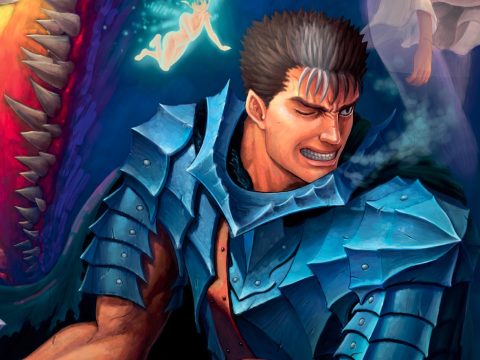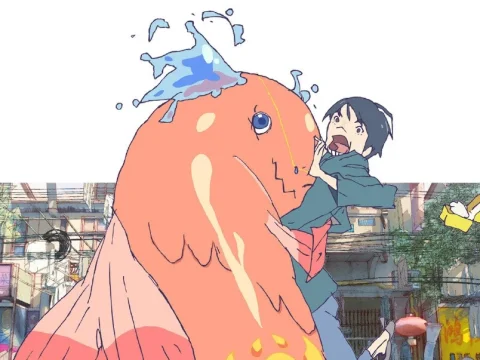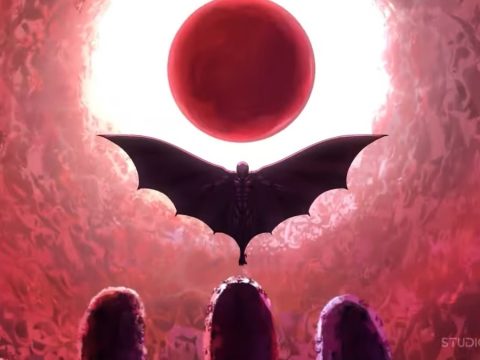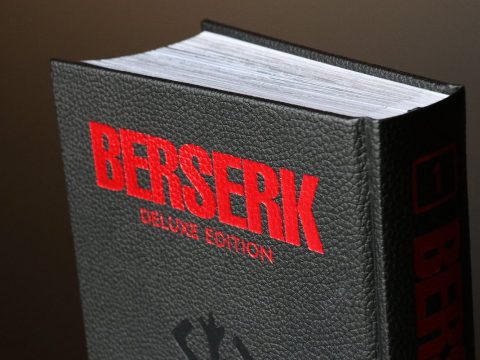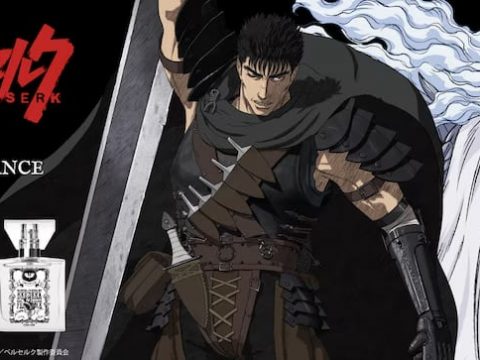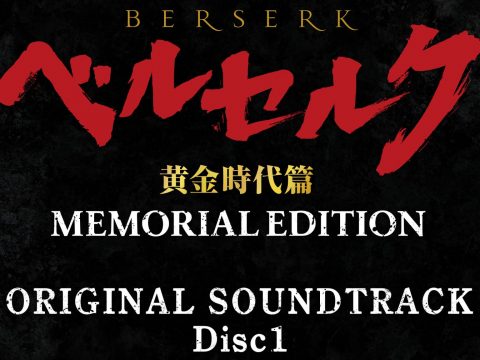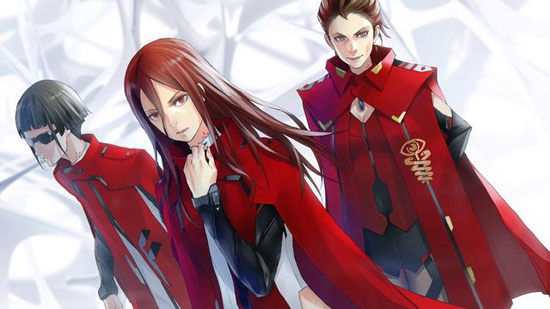
Recent advances in technology have allowed humans the ability to monitor their health with ever-increasing detail, leading many to healthier and happier lifestyles. But as that health information begins to get uploaded to the cloud, tweeted and shared with health insurance companies, some are worried about the privacy of our most personal data – that of our own bodies.
Fast-forward 50-odd years and you’ve got the world depicted in Harmony, the new anime film based on the 2008 novel of the same name by Japanese science fiction author Project Itoh.
In the world of Harmony, citizens throughout the world are hooked up to a health-monitoring program called WatchMe. A kind of futuristic, nanotechnology-based version of an Apple Watch, WatchMe monitors not only things like heart rate and food intake but also how well users are getting along in society. The result: a perfectly-balanced, ever-smiling utopia.
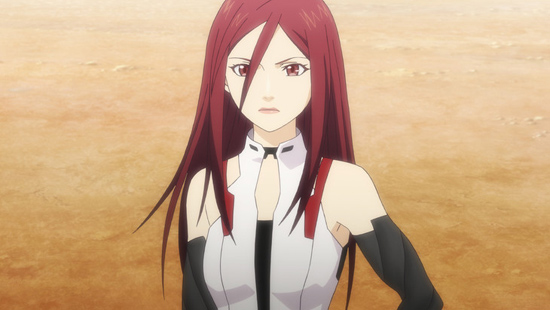
No thanks, says Miach Mihie, a super-intelligent girl high schooler who makes a suicide pact with two of her best friends in order to escape the bland utopia created by the WatchMe system. Mihie succeeds in her attempt, but her friend Tuan Kirie, the main character of Harmony, survives.
Disenchanted with Japan, Tuan becomes a member of the World Health Organization. Choosing assignments that take her to far-flung parts of the world whose people aren’t yet plugged into WatchMe, Tuan lives in relative freedom from the system, indulging in vices like alcohol and tobacco – not to mention adrenaline rushes – that are a no-go in the WatchMe world.
But Tuan’s behavior runs her afoul of her superiors, who force her to come back to Japan just as chaos breaks out in a rash of suicides caused by hackers who have found their way into the WatchMe system – and as it happens, this group has a connection with Tuan and Miach Mihie.
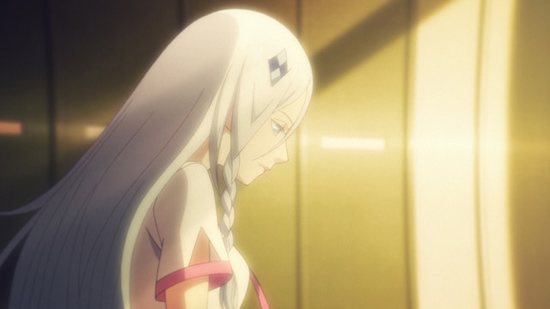
Harmony is the second film of three planned films based on Project Itoh novels – the first, Empire of Corpses, premiered in October, while Genocidal Organ is on hold since the bankruptcy of studio Manglobe. Harmony, on the other hand, was animated at Studio 4°C, and co-directed by Takashi Nakamura (A Tree of Palme) and Michael Arias (Tekkonkinkreet).
Those who are familiar with Nakamura and Arias as visual masters (both Palme and Tekkonkinkreet, despite uneven scripts, were some of the most beautiful films of the 00s) may come out of Harmony feeling disappointed. For one thing, Harmony uses the same combination of hand-drawn and CG as Studio 4°C’s recent Berserk films, with closeups drawn by hand and wide shots and action sequences rendered in CG. They’ve gotten much better at it since the first Berserk film, but it still doesn’t match the studio’s earlier works.
Nakamura and Arias are no strangers to CG – Arias, in particular, is a creator of animation software – and the co-directors experiment with the technology in interesting ways. Many of the computer-generated shots in the film use the freedom of the camera to pan, tilt and circle around the sets, which would be unfeasible in traditional anime.
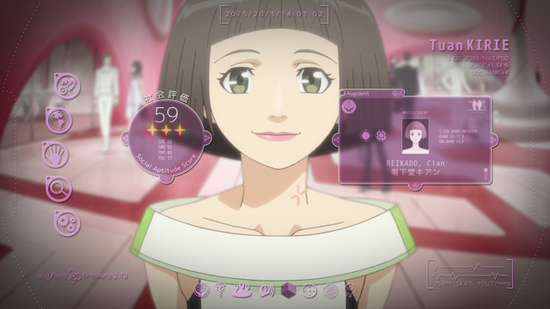
But a lot of those camera movements seem to exist to inject some visual life into what would otherwise be a very motionless film. Aside from a few brief action sequences, Harmony is a very dialogue-heavy film. From the excerpts of the novel I’ve read, the film appears to be a very faithful adaptation, and Project Itoh’s characters are anything but tongue-tied. Rather than Nakamura or Arias’ previous films, Harmony is more reminiscent of something like Ghost in the Shell: Innocence or Psycho-Pass, in which characters trade barbs via philosophical quotes.
Harmony is a smart film, and thanks to how fast technology is progressing, its themes are even more relevant than when Project Itoh wrote the book in 2008. Nakamura and Arias capably shepherd the book onto the screen – and I suppose as part of a three-film project dedicated to an author, a faithful adaptation is what’s called for – but aside from a few interesting camera choices, it’s definitely Project Itoh, rather than Nakamura and Arias, whose voice rings loudest.
Matt Schley is Otaku USA’s Man in Japan and e-News editor. Now that baseball season is over he feels confused and alone, so please send him a tweet.


